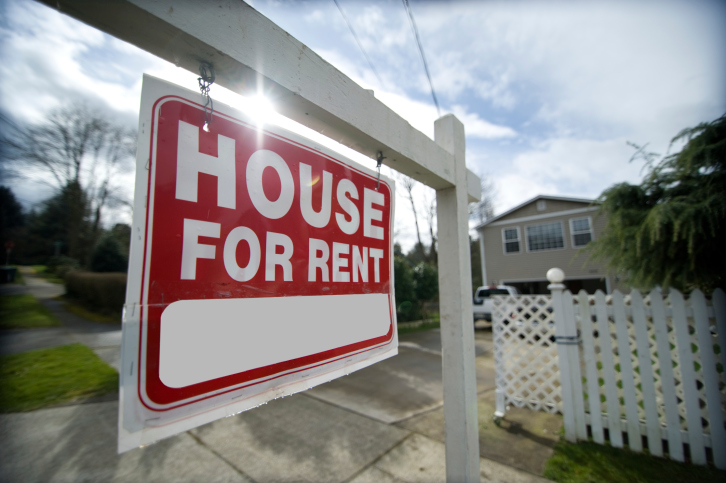Taking an Extended Vacation? Renting Your Home to Long-Term Tenants is a Great Option
 Taking an extended vacation can seem like a dream come true. You may have plans to spend your summer in Europe, your winter in the Caribbean or even a full year or longer exploring a different region. If you have the luxury of taking an extended vacation, you may have your sights set on adventure and relaxation.
Taking an extended vacation can seem like a dream come true. You may have plans to spend your summer in Europe, your winter in the Caribbean or even a full year or longer exploring a different region. If you have the luxury of taking an extended vacation, you may have your sights set on adventure and relaxation.
However, you also need to consider the practicality of leaving behind your home and belongings for an extended period of time. A great idea is to take on a long-term tenant for your home, and there are a number of benefits that you can enjoy by doing this.
Generate Income From Your Home
When you lease your home to a long-term tenant, you will be able to generate a monthly income from the property. This can be used to pay for your mortgage, property insurance and other related expenses while you are gone. Essentially, it can make it more affordable for you to take your trip for an extended period of time.
Decrease Your Maintenance Expenses
When you are away from your home, you may still have maintenance and upkeep chores to do. When you are home, for example, you may easily be able to water your lawn and mow the grass on your own. You may deal with a leaky pipe before it becomes problematic and causes considerable damage to the home. When you are gone, you may need to pay for a lawn service, and you have nobody to watch over the interior of the home. However, when you lease your home to a tenant, the tenant may be responsible for caring for the yard. In addition, he or she can alert you to issues that develop inside the home.
Someone to Keep an Eye on Your Property
When a home appears to be vacant, it is more likely to be vandalized or burglarized. A tenant will give your home an occupied look and will decrease the risk of criminal activity. In addition, the tenant may change your air filters, replace batteries in the smoke detectors and take other steps to keep the home in great condition for you while you are gone. You can specify your requirements in the lease.
If you are planning an extended vacation and you are looking for a convenient way to ensure that your home is taken care of while you are gone, consider the benefits of taking on a long term tenant.

 Are you thinking about buying or selling a home? If you don’t know a real estate agent or have a referral to one, you may end up working with someone unfamiliar who you will need to build a relationship with. Of course, as with any relationship there’s always a chance that things can go sour.
Are you thinking about buying or selling a home? If you don’t know a real estate agent or have a referral to one, you may end up working with someone unfamiliar who you will need to build a relationship with. Of course, as with any relationship there’s always a chance that things can go sour. Buying a home is one of the most exciting times that an individual will undertake in life. However, a property purchase is not without its challenges, and these can cause frustration. In this article we’ll share five potential setbacks that home buyers will need to understand and come to terms with to make a successful purchase.
Buying a home is one of the most exciting times that an individual will undertake in life. However, a property purchase is not without its challenges, and these can cause frustration. In this article we’ll share five potential setbacks that home buyers will need to understand and come to terms with to make a successful purchase.